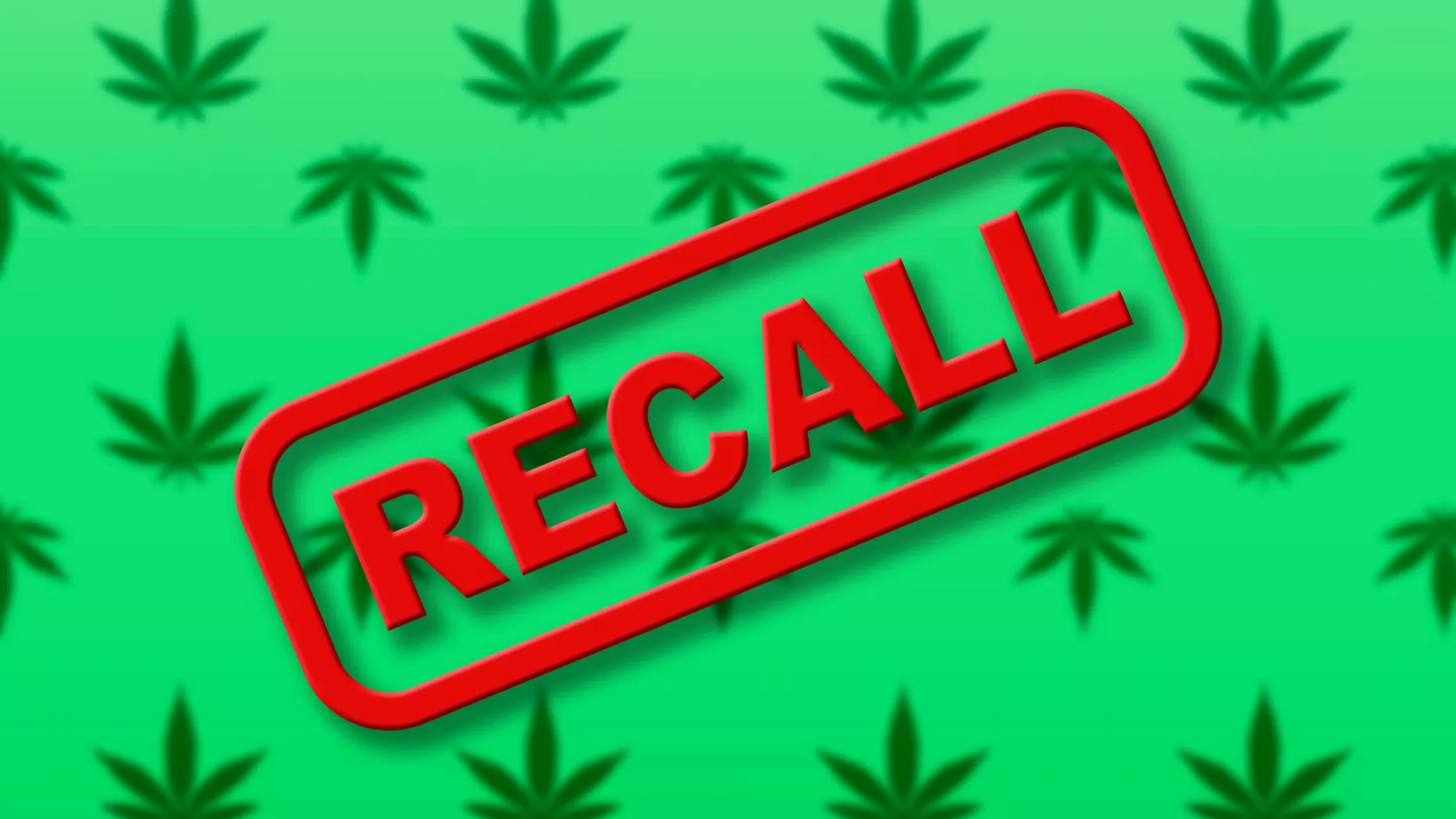Pesticide Scandal & Product Recalls Rocks California’s Cannabis Industry
LOS ANGELES–California’s cannabis industry is reeling from a recent pesticide scandal that has undermined consumer confidence and highlighted regulatory shortcomings. An investigation by the Los Angeles Times, in collaboration with WeedWeek, revealed alarming levels of pesticides in cannabis products sold across the state. The findings have put the spotlight on the state’s regulated cannabis market, raising serious concerns about product safety and regulatory oversight.
Widespread Contamination
The investigation uncovered widespread contamination, with confidential lab reports and public records showing that many cannabis products on dispensary shelves contain harmful pesticide levels. This discovery has sent shockwaves through the industry, which prides itself on providing safe and high-quality products.
Independent Testing by Retailers
In response to the scandal, some retailers are taking matters into their own hands. Catalyst Cannabis Co., based in Long Beach, is conducting independent lab tests to identify contaminated products and trace their sources. This proactive approach aims to ensure product safety and restore consumer trust.
Regulatory Response
The Department of Cannabis Control (DCC), California’s primary marijuana regulator, is under fire from various industry stakeholders. The DCC is facing criticism for its apparent failure to address the contamination issue effectively. The Los Angeles Times and WeedWeek report has intensified scrutiny of the DCC’s regulatory practices and prompted calls for more stringent oversight and enforcement.
Recent Recalls and Impact on Brands
California regulators recently announced five more cannabis product recalls related to banned pesticides, further shaking the market. The recalled products were vape oil cartridges and pens produced by West Coast Cure (WCC), one of the state’s top-selling brands with distribution in hundreds of stores. The recalled products include:
– Birthday Cake, 1-gram Curepen
– Lemon Cooler, 1-gram Curepen
– Lucky Charmz, 1-gram Curepen
– Slymer, 1-gram Live Resin Cartridge
– Watermelon Sorbet, 1-gram Curepen
All these products were found to contain chlorfenapyr, a banned greenhouse pesticide. This recall follows a June report by the Los Angeles Times and WeedWeek that highlighted the presence of pesticides in various cannabis products.
Industry Fallout and Lawsuits
The fallout from this scandal has cast a shadow over testing labs, their procedures, and test validity. It has also led to a clash between retailers and brands as regulators strive to identify the contamination sources—a complex task given the many points of contact for any given product.
WCC has responded to the recall by reiterating its dedication to testing and quality-control standards, noting it invested nearly $1 million in testing last year. The company emphasized that every WCC product on retail shelves passed compliance testing by state-licensed laboratories and that it initiates quality-control testing with labs before production and packaging. However, WCC criticized regulators for the perceived lack of standardized testing procedures.
Anresco Laboratories and Infinite Chemical Analysis Labs have filed a class-action lawsuit against 13 testing labs, alleging they inflated potency or disregarded the presence of certain contaminants in certificates of analysis (COAs).
Increasing Enforcement
The DCC has been ramping up enforcement and product recalls this year. The agency issued a mandatory recall for a 1-gram Curepen vape cartridge from West Coast Cure on June 25. The DCC has already issued 28 product recalls in 2024, a significant increase from the three recalls per year in 2023 and 2022. The agency now has the capability to test concentrates for pesticides through state labs.
Restoring Consumer Confidence
The pesticide scandal has significantly shaken the California cannabis market. Industry operators and regulators are now focused on regaining consumer confidence. Efforts include increased transparency, rigorous testing protocols, and improved regulatory measures to prevent future contamination. The industry’s response to this crisis will be crucial in rebuilding trust and ensuring the safety of cannabis products for consumers.
This scandal has exposed significant flaws in California’s cannabis regulatory framework. As the industry grapples with the fallout, the priority will be to implement stricter safety standards and restore faith in the state’s cannabis products.



































